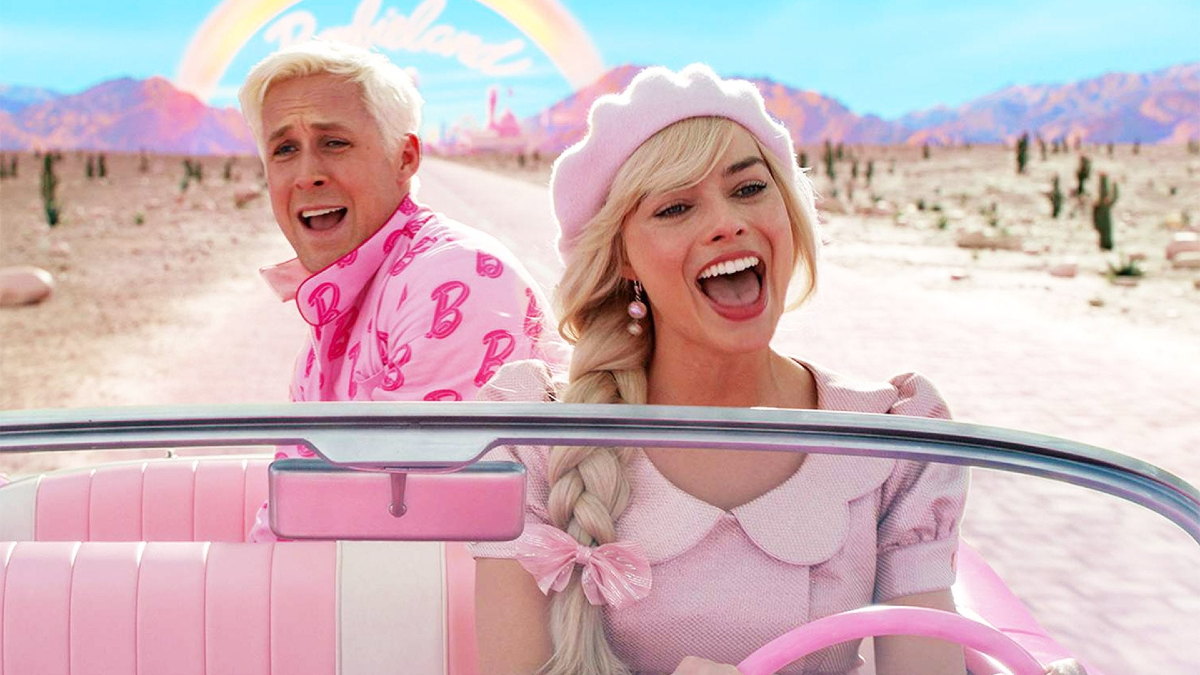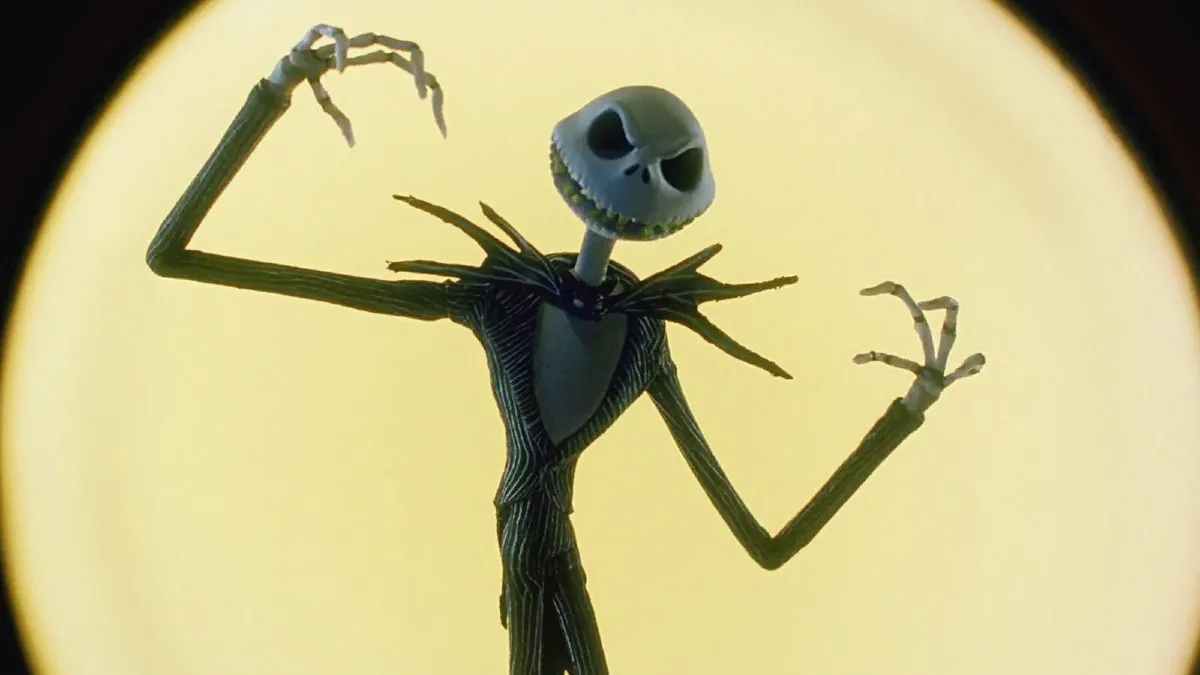One of the more irritating reflexes we have as a society is writing off any film wrapped in a recognizable intellectual property as one that’s lacking in originality.
But this couldn’t be further from the truth; it may be the case that Hollywood views IP as nothing more than a safe set dressing that can carry an otherwise uninspired story across the finish line, but in actuality, the art of IP storytelling has gifted us thousands of timeless big-screen hits over the decades, with perhaps the latest and most prominent being Barbie (once it actually has a chance to become timeless, of course).
Indeed, it’s true that Barbie is an entirely original story, but as an IP, it’s about as safe as one can get. But for someone like Margot Robbie, a safe-yet-untapped IP only inspires that much more creativity, contrary to popular belief. In a recent interview with IndieWire, the actress/producer mused on the all-but-crucial relationship that IP has had with filmmaking since its inception, and how a film like Barbie uniquely relates to the nuances of such a conversation:
“IP has been a jumping off point for movies since movies began getting made. Maybe it was less comic books and more novels, but it’s always been a jumping off point. What feels perhaps constraining these days is the expectation of how to use that IP and utilize it and put it out into the world. But IP itself is wonderful inspiration and always has been for so many filmmakers. In this instance, it’s less about thinking of Barbie as IP and more about thinking of it as something recognizable. We didn’t really see it as comparable to say, when we’ve put together a Harley Quinn movie and there’s a canon that you go to abide by, etc.”
Robbie couldn’t be more on the money here; this conversation is a classic example of how it’s not about the presence of tools, but how you use them that matters. In this case, IP is the tool, and sometimes it’s used for good (The Lord of the Rings trilogy, Barbie, Teenage Mutant Ninja Turtles: Mutant Mayhem, etc.) and sometimes it’s used for something not so good (Aquaman and the Lost Kingdom, Ghostbusters: Afterlife, the Fifty Shades films, etc.).
To simplify it even further, good movies are good and bad movies are bad, regardless of whether they’re based on a pre-existing property or not, and that’s really the most important takeaway here.
(featured image: Warner Bros. Pictures)










Published: Feb 23, 2024 04:33 pm